=
What is Accountable Talk?
Accountable talk is talk that moves learning forward. It is meaningful and polite. It encourages students to really think about what they are learning and reflect upon it. Thus, this type of talk can be used in all subject areas.
Accountable Talk in STEAM Classes
Science is one of the big components of STEAM education. In fact, most science investigations require math. Many science standards require technology, engineering, and even the arts. In this case, let’s take a look at the Next Generation Science Standards (NGSS) “science and engineering practices.” Note how many of these practices require students to communicate with each other.
Making sense of their natural world is a key component of the NGSS. Accordingly, students have tasks that require them to ask questions about what they observe. They also need to define problems. In STEAM fields, particularly science and engineering, problems don’t necessarily have one answer. Students need to make arguments based on evidence.
For example, students watch a video about earthquakes. Young students ask, “What causes earthquakes?” Then, they list the problems that earthquakes cause. After that, groups of students create structures that can withstand an earthquake. While in real-life, scientists work with engineers to improve structures, students receive materials to build a structure that can remain standing for the longest period of time when placed on a pan of jello that is shaken back and forth. Generally, students make a plan before they build. This requires students to converse. When all of the building designs are complete, the entire class watches as each building is placed on the jello. They think about the design. Then, students observe as the pan is moved back and forth. How long does each design remain standing? Of course, they analyze each design. Again, this requires polite conversation. Students listen to each other and think critically about what is said. Often, students get time to improve upon designs based on information that is discussed.
How do I get students to have meaningful conversations in the classroom?
To begin with, I have science sentence stems (sentence starters) for them to refer to. Here are a few examples.
Besides the science stems, I like to have more starters that are good for all subject areas such as
“I agree/disagree with _____because _____.”
“Can I add to what _____was saying?”
” I don’t understand ______.”
“What I heard you say was_____.”
In addition to the sentence stems modeling is essential. As a teacher, I must use these phrases myself throughout the year when conversing with the students. At the beginning of the year, present the class with a problem. It can be as simple as “I wonder how many drops of what will fit on this penny if I use this dropper.” Give students time to ponder this. Then tell them that we are going to discuss their thoughts. However, they must use one of the posted sentence starters each time they respond.
To summarize, accountable talk is useful in all subject areas. However, science and STEAM classes have their own particular set of circumstances. Thus, they may have different starters. Modeling is essential is you want students to strengthen their communication skills.
Make your life easier. Check out these accountable talk posters explicitly made for science.
Get some free “science snippets” that are perfect for discussion.
And remember, It’s all science!
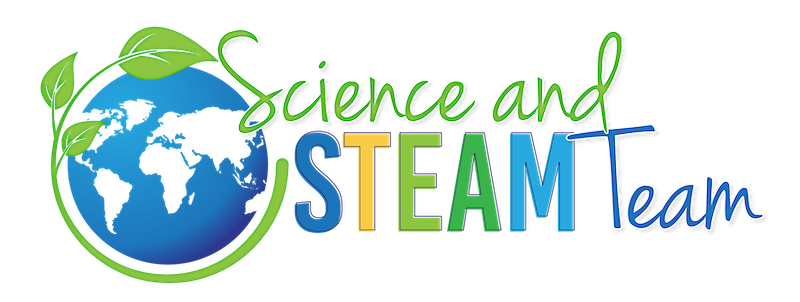
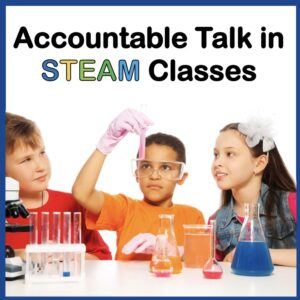
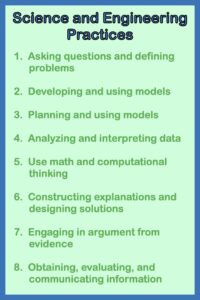
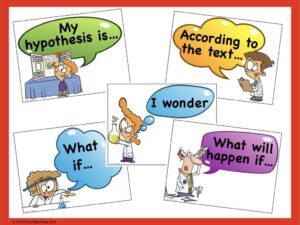
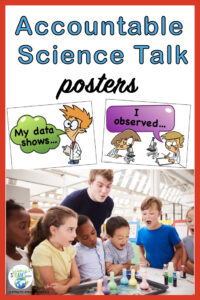
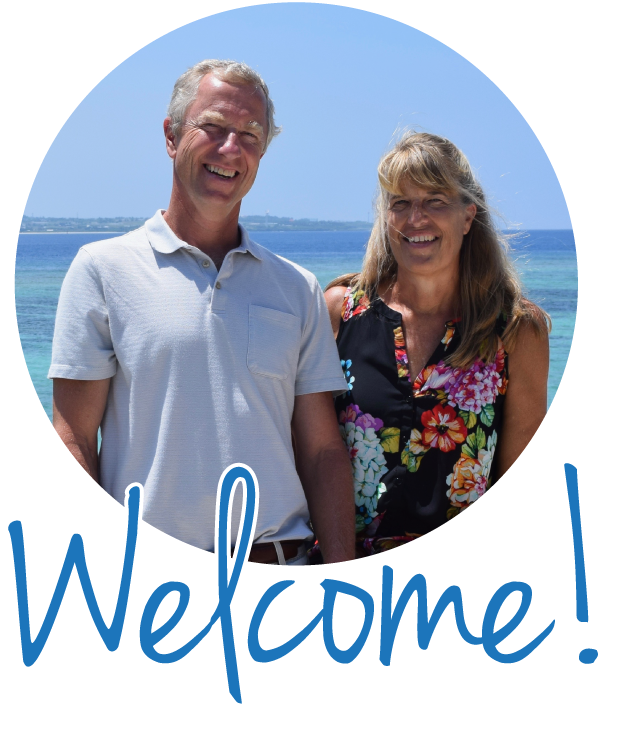
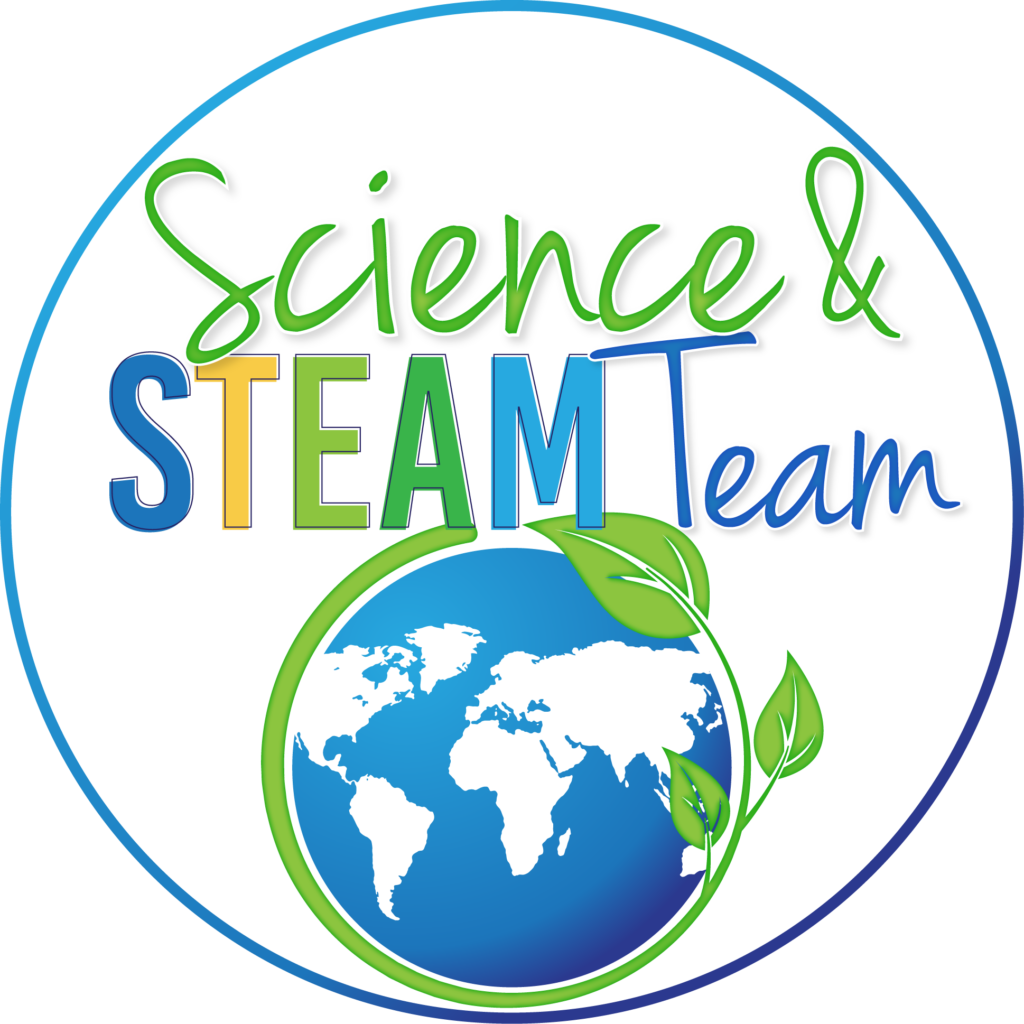
One Comment